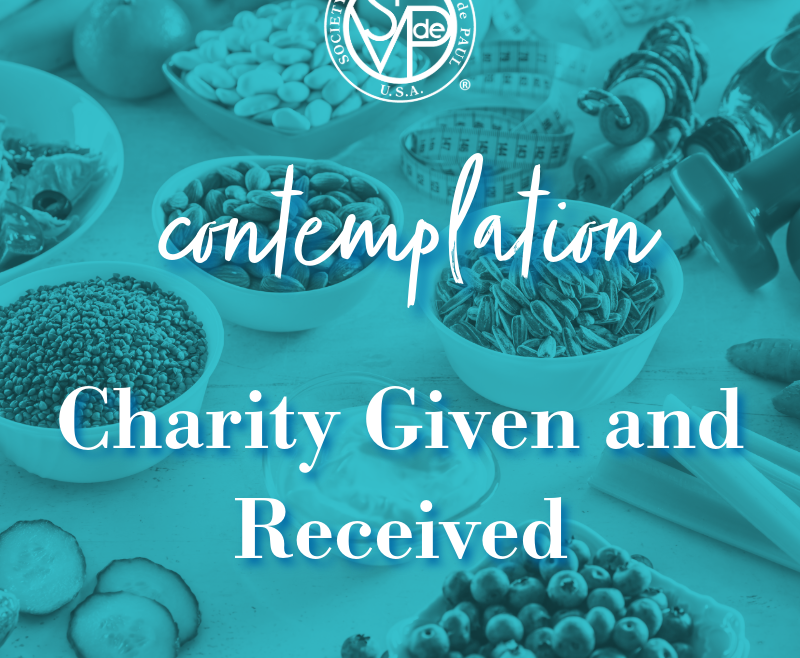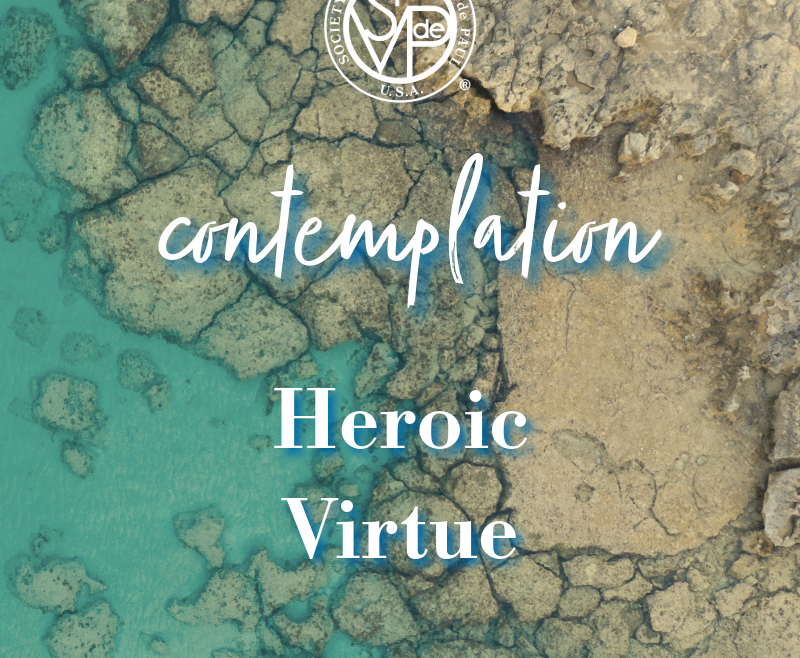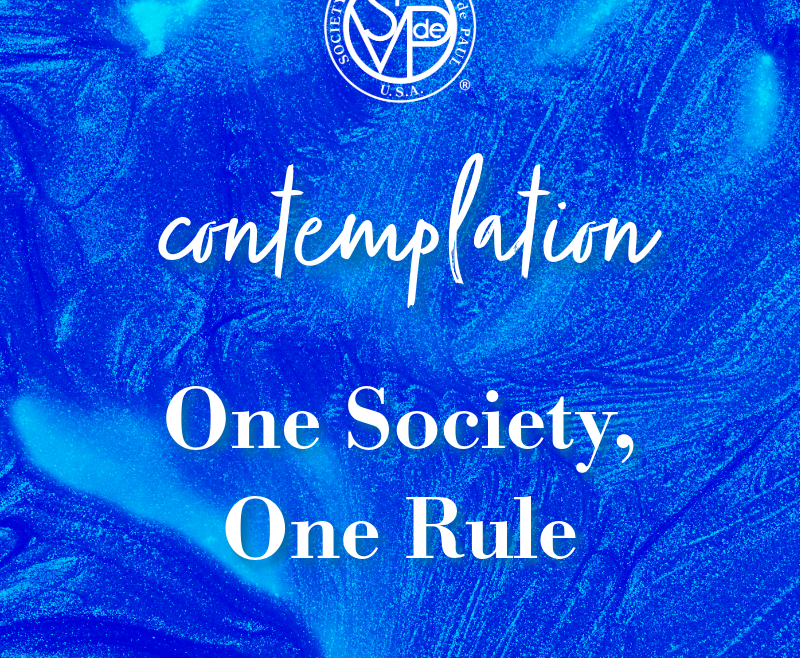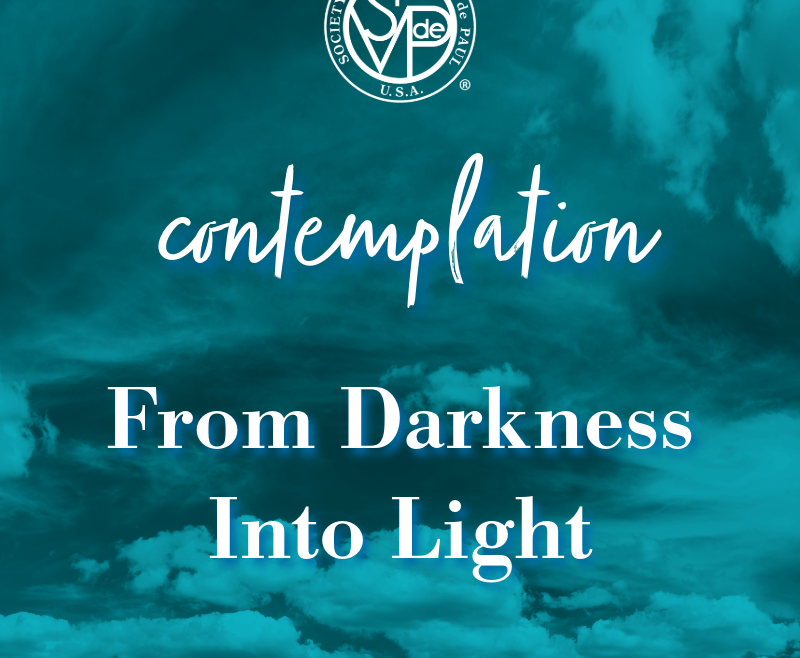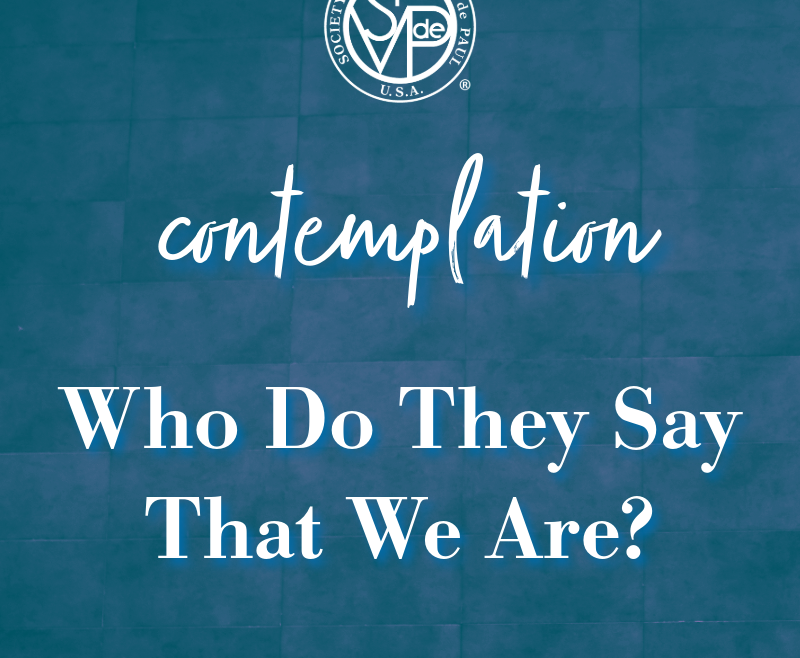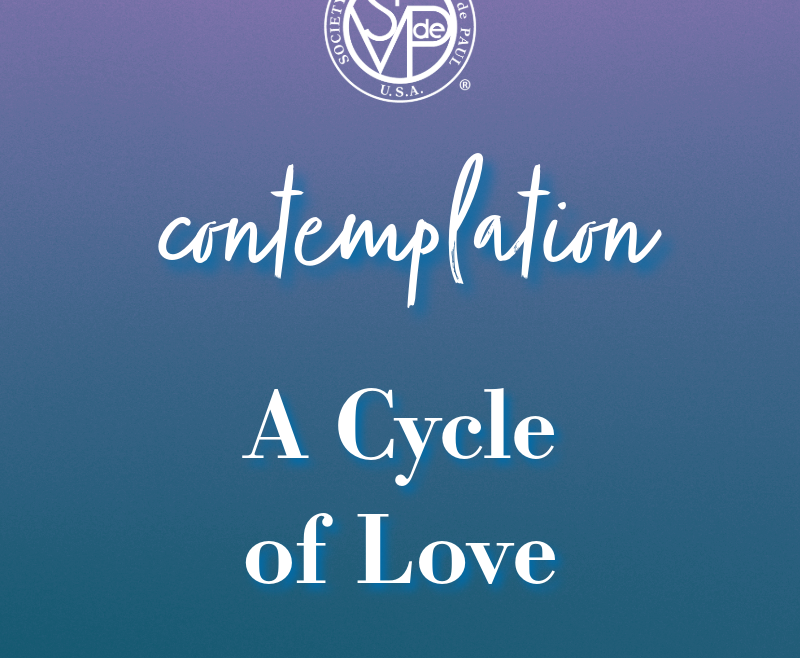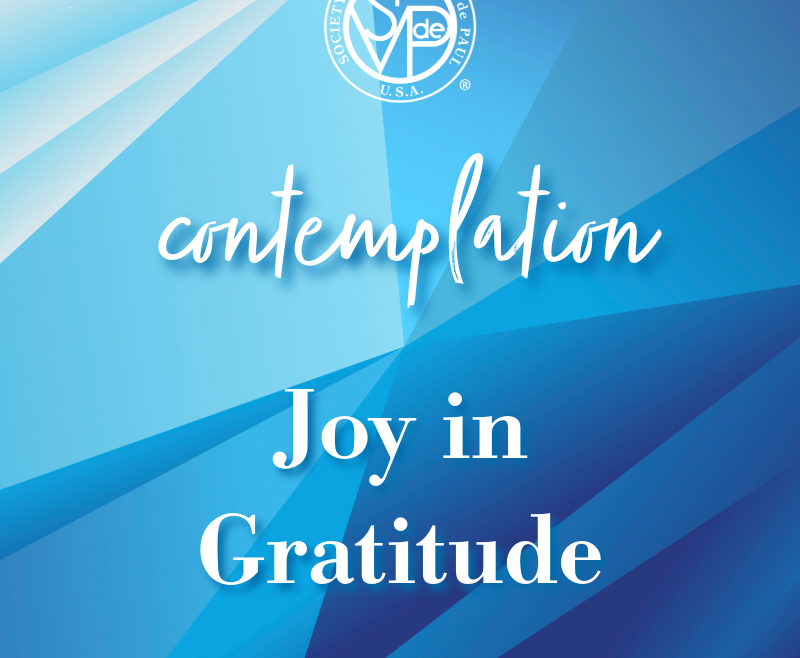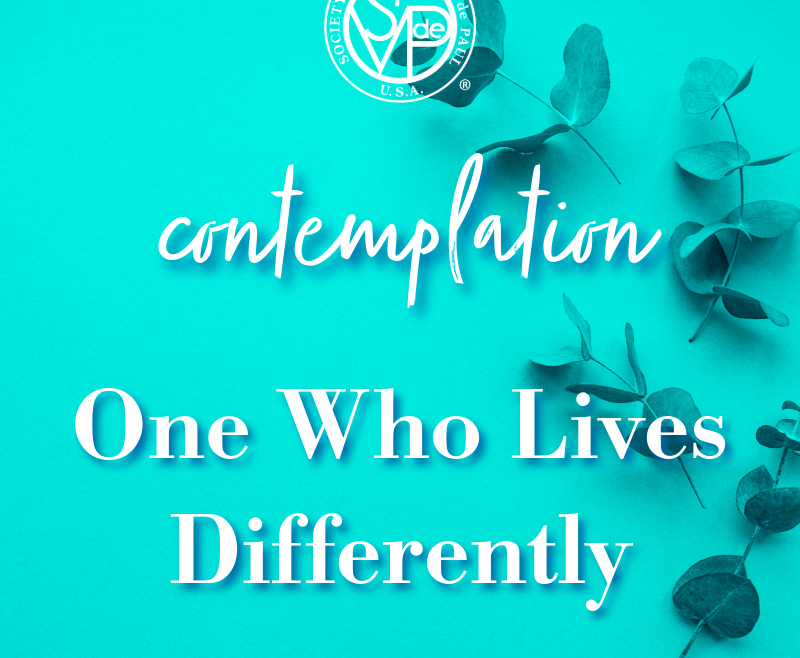By Timothy Williams, Senior Director of Formation and Leadership Development
Charity, Blessed Frédéric explained, was the strongest tie of friendship, but charity “is a fire that dies without being fed, and good works are the food of charity.” [82, to Curnier, 1834] This would make no sense if charity were a synonym for good works, as the word is often used today. Instead, for Frédéric and for Vincent, charity is something that pre-exists our works, and is something we receive as well as give.
Of our three theological virtues, faith, hope, and charity, the Apostle Paul tells us that charity is the greatest. In many translations of the bible, this virtue is called love, which is the sense in which Frédéric and Vincent discuss charity. In the original Greek, Paul uses the word agape, one of several words for love in that language. Unlike the words for romantic or brotherly love, agape does not describe a feeling. Indeed, God does not command us to feel a certain way about another person. Instead, He tells us, using that same word, agape, to love our enemies, do good to those who hate us, bless those that curse us. Even sinners, after all, love those who love them. Charity calls us not to feel but to act.
The Greek agape appears to descend from the Hebrew word for love, avaha, which in turn comes from the root hav, meaning “to give.” Agape, charity, is the divine love, expressed towards us through the act of giving: “For God so loved the world that He gave His only Son…” The Son, in turn, gave us His very life, an act of giving which He explained was the greatest love. Not content to give Himself to us only once, St. Vincent explained, Christ “willed to break all the laws of nature” to remain truly present, sacrificing Himself again and again, feeding us as bread and wine in the Eucharist. He did this, Vincent explained, because “charity is inventive to infinity.” [CCD XI:131]
This love called charity is not a feeling, but instead is “the theological virtue by which we love God above all things for his own sake, and our neighbor as ourselves for the love of God.” [CCC, 1822]
God’s gift, God’s love, God’s charity is completely gratuitous, yet we cannot help but love Him in return, in our words and in our deeds, “with the strength of our arms and the sweat of our brows.” [CCD XI:32] We love Him also by loving our neighbor, in His name and for His sake. Love freely given is freely repaid. This is why, as Frédéric said, “He who brings a loaf of bread to the home of a poor man often brings back a joyful and comforted heart. Thus, in this sweet business of charity, the expenses are low, but the returns are high.” [1361, to the General Assembly, 1837]
Charity is not meant to make us feel a certain way. It is meant to make others feel a certain way: loved.
Contemplate
How do my visits, my manner, and my love make the neighbor feel?
Recommended Reading
Mystic of Charity (especially “Home Visits in the Vincentian Tradition”)

